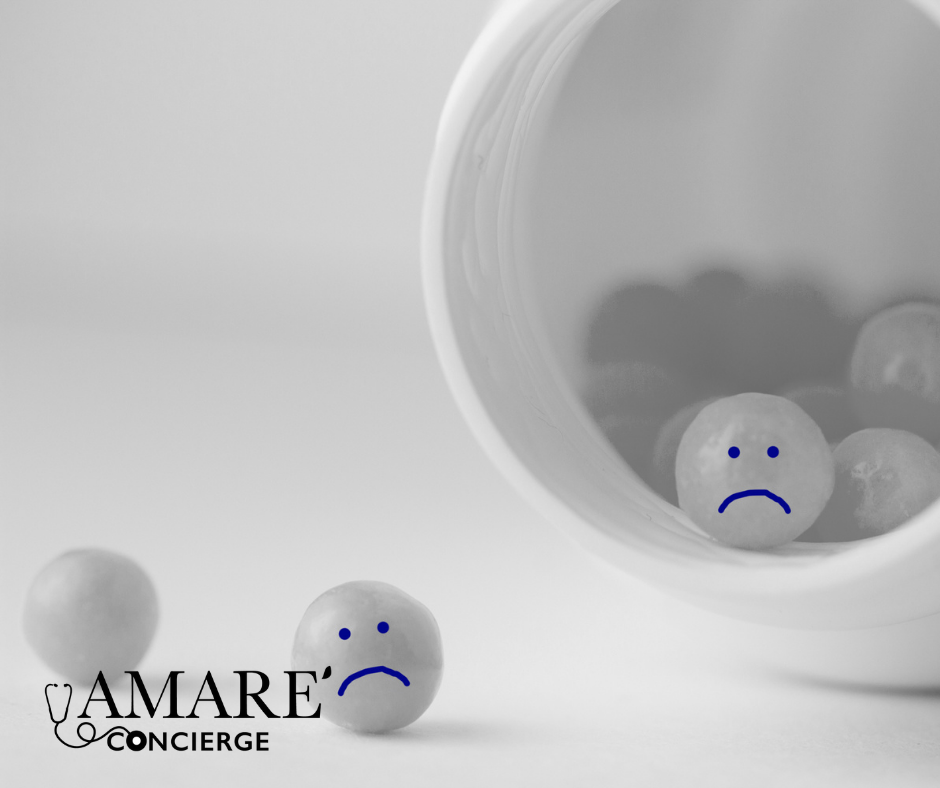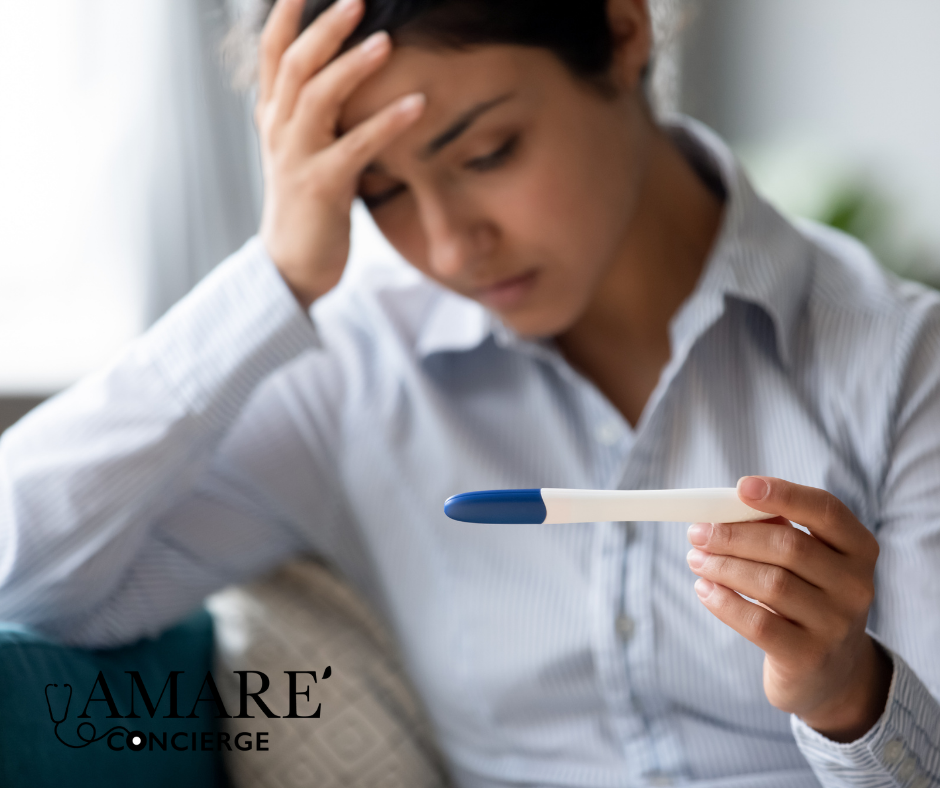As a woman, you know that your body is your temple, and you need to take good care of it. After all, this is the only body you will ever have. A part of having a healthy body is maintaining a healthy weight.
One of the probable causes of obesity is high-calorie diets coupled with inactivity. A study conducted by the Morbidity and Mortality Weekly Report in February 2004 showed that Americans consumed more calories than they did 30 years ago. The study found out that from 1971 to 2004, American women increased their calorie consumption from 1542 calories per day to 1877.
With the rise in caloric intake also came the decline in physical activities. However, less than 1/3 of adults engage in the appropriate amounts of exercise. Also, 40% of adults in the United States do not participate in any physical activity while 43% of adolescents spend more than 2 hours in front of the television.
How to Know If You Are Obese
Many women know when they are a little overweight, based on how their clothes fit or how they look in the mirror. Overweight and Obesity are determined by your body mass index or BMI. This is a measurement that is determined by your gender and height, as compared to your weight. There are plenty of calculators and tables online to help you figure out what your BMI is. For women, if your BMI is 25-29, you are overweight. You are in the obesity category if it is above 30.
Common Risks of Obesity
While it might seem obvious why you are obese, this is not true for everyone. Some women exercise regularly and follow a relatively healthy diet, having no idea why they keep gaining weight, or why it is difficult for them to lose weight. Your diet can play a factor in your weight, even if you think you have a healthy diet. You may be taking in too many calories, a high amount of fat, or too many carbs.
Lack of proper exercise to burn fat is another issue. Genetics also play a role, along with medications and certain medical conditions, like thyroid diseases and polycystic ovarian syndrome (PCOS). You might want to see your doctor before you try to lose weight to figure out how you gained it in the first place.
Obese individuals might be prone to health risks like cardiovascular diseases, high blood pressure, certain types of ulcers, diabetes, and coronary heart disease.
Tips for Overcoming Obesity and Improving Your Sexual Health
If you are in the obese category according to your BMI, now is the time to start losing weight. You can make small changes at first until you get into the groove of weight loss. You want to develop a new healthy lifestyle, not just try to lose weight for the sake of it.
Obese individuals who want to improve their sexual health and overall well-being should engage in regular exercise and healthy diets. Exercise is good for different people of all ages, sex, and weight. Follow a healthy diet, track everything you eat, drink plenty of water, and exercise 3-5 days a week to start with.
Individuals who decide to include a regular program of physical activity should consult their doctor for specific recommendations.
Today is a great day to start eating healthier and exercising. Until next time, stay safe and healthy.





